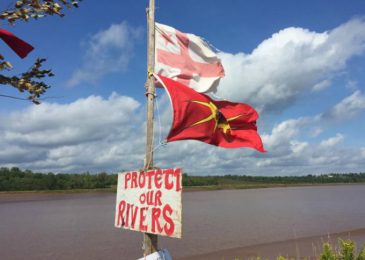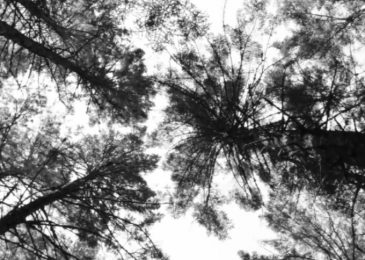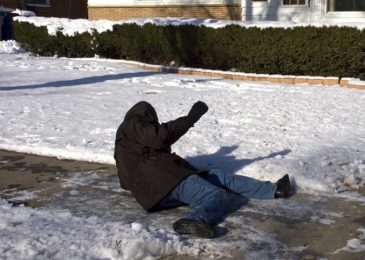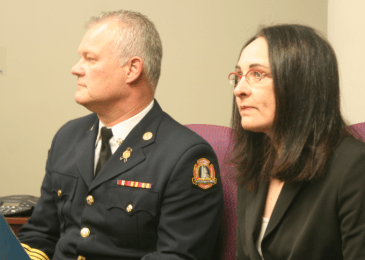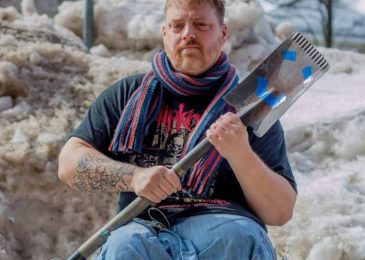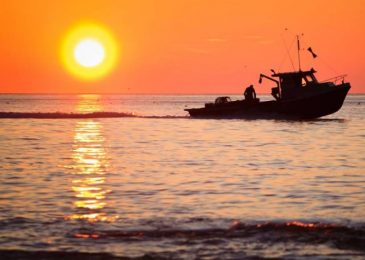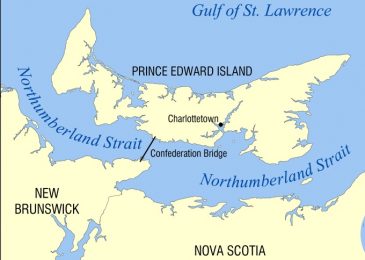Dale Andrew Poulette to NS Utility and Review Board: The Alton Gas project is a direct violation of Treaty rights
Late last year Alton Gas applied to the Nova Scotia Utility and Review Board (NSUARB) for a renewal of its approval to construct an underground hydrocarbons storage facility. As part of the NSUARB review interested parties were asked for submissions. This is the submission of Dale Andrew Poulette, Mi’kmaq water protector.

